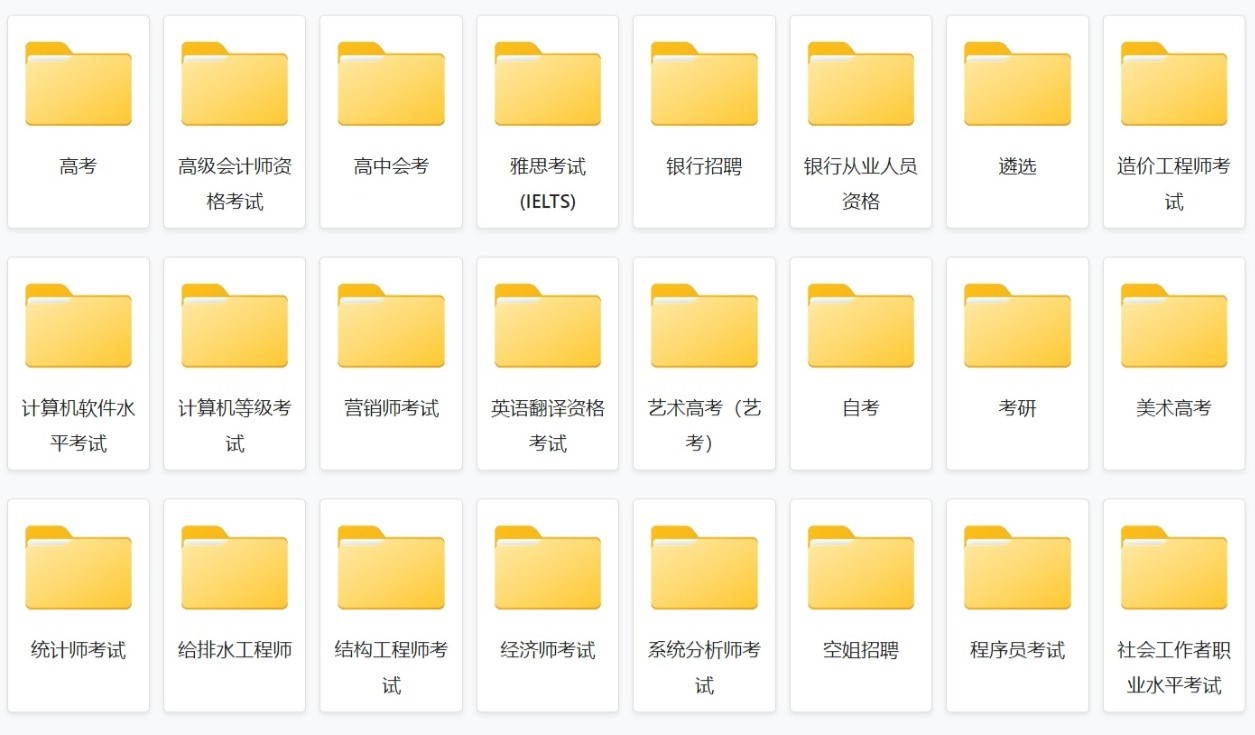列表中最长的字符串
我正在做一个从列表中返回最长字符串值的函数。当只有一个包含最多字符的字符串时,我的代码有效。如果有多个字符串,我尝试使其打印所有最长的字符串,并且我不希望重复它们。当我运行它时,它只返回“
hello”,而我希望它也返回“ ohman”和“ yoloo”。我觉得问题就在if item not
list:眼前,但是我已经尝试了所有方法,但是没有用。
list = ['hi', 'hello', 'hey','ohman', 'yoloo', 'hello']
def length(lists):
a = 0
answer = ''
for item in lists:
x = len(item)
if x > a:
a = x
answer = item
elif x == a:
if item not in list:
answer = answer + ' ' + item
return answer
print length(list)
-
首先 ,我们可以在列表中找到任何字符串的最大长度:
stringlist = ['hi', 'hello', 'hey','ohman', 'yoloo', 'hello'] #maxlength = max([len(s) for s in stringlist]) maxlength = max(len(s) for s in stringlist) # omitting the brackets causes max # to operate on an iterable, instead # of first constructing a full list # in memory, which is more efficient一点解释。这称为列表理解,它使您可以将一个列表 理解 为另一列表。该代码的
[len(s) for s in stringlist]意思是“通过获取来生成类似列表的对象,stringlist而对于s该列表中的每个对象,请给我len(s)(该字符串的长度)。现在我们有了清单
[2, 5, 3, 5, 5, 5]。然后,我们在其max()上调用内置函数,该函数将返回5。现在 您已达到最大长度,可以过滤原始列表:
longest_strings = [s for s in stringlist if len(s) == maxlength]就像英语中的读法一样:“对于字符串列表
s中的每个字符串s,如果len(s)等于,请给我该字符串maxlength。”最后
,如果要使结果唯一,则可以使用set()构造函数来生成唯一集:unique_longest_strings = list(set(longest_strings))(我们呼吁
list()在删除重复项后将其转回列表。)
归结为:
ml = max(len(s) for s in stringlist) result = list(set(s for s in stringlist if len(s) == ml))
注意 :请勿使用名为的变量
list,因为它会覆盖list类型名称的含义。

